Institute for International Law and Human Rights
WASHINGTON, DC • BRUSSELS • BAGHDAD
Who We Are
Board of Directors
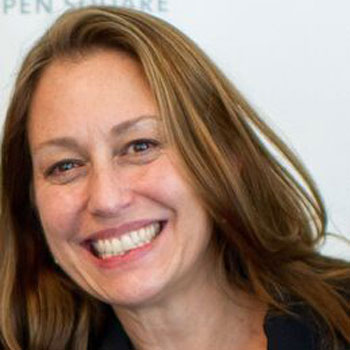
Maria Alex Arriaga
Maria Alex Arriaga Biography
Alex Arriaga has served in leadership positions at the White House, the U.S. Department of State, the U.S. Congress, at major non-profit organizations, and now in the private sector. She has more than 30 years of experience working at the global and national levels crafting policies, bridging communities, and achieving priorities to advance human rights. At the state and local levels, she is known for working to enable education for all.
Arriaga is Founder and Partner at Strategy for Humanity, a consulting firm that works with mission-driven organizations and those who fund them to develop effective strategies, conduct smart advocacy and analysis, and achieve meaningful results. The firm embraces diversity as an asset for success and the leadership team is woman-, minority-, LGBTQ-, survivor-, and person with disabilities–led. Grounded in the belief that how you do business is as important as what you achieve, the firm’s practices facilitate bridging differences, strengthening shared approaches, and crafting a common agenda forward. At Strategy for Humanity, Arriaga leads a team of highly experienced leaders with deep expertise, creative problem-solving, and effective leadership.
Prior to launching Strategy for Humanity, Arriaga was active in the public and non-profit sectors. During her tenure leading government relations, policy, and advocacy for Amnesty International USA, The Hill recognized AIUSA as a top human rights lobby in Washington, and Arriaga was featured in “A Pragmatic Idealist Pursues Justice for All” (The Washington Post). At the White House, Arriaga was appointed Special Assistant to the President and Chief of Staff to the President’s Special Envoy for the Americas. There she influenced U.S. policy toward countries throughout Latin America. Arriaga previously served as a senior advisor in the Bureau of Democracy, Human Rights, and Labor at the U.S. Department of State where she was U.S. Delegate to the UN’s Commission on Human Rights (twice), a member of the Department’s Bosnia Task Force, and Executive Director of the Secretary of State’s Advisory Committee on Religious Freedom Abroad. Arriaga began her career in the U.S. House of Representatives as director of the bipartisan Congressional Human Rights Caucus where she increased participation to involve a majority of the U.S. Congress (across party lines) and focused on more than 100 countries and myriad issues.
At the local level, Arriaga is active on education issues. In recognition of her strategic and impactful thought leadership, Governor Ralph Northam appointed Arriaga to serve on the non-partisan State Council of Higher Education for Virginia (SCHEV), where she is influencing strategies to achieve the Commonwealth’s goal of having 70 percent of all working-age Virginians complete higher education. The Arlington School Board recognized Arriaga as an Honored Citizen for her extraordinary and multi-year contributions to improve the education experience for students with disabilities. Arriaga’s work was showcased in “More Autism Training for Teachers” (The Washington Post). She also engaged in a national task force to address college sexual assault.
Arriaga has written numerous articles and reports and is the recipient of many awards for her leadership and service, including the U.S. Secretary of State’s Superior Honor Award, the University of Virginia’s Distinguished Alumna Award, and the Minority Business & Professionals Network Award for Outstanding Leadership, Service, and Achievement. Arriaga serves on non-profit boards advancing human rights, education, disability inclusion, and gender equality and is currently Vice Chair of the Academic Affairs Committee for the SCHEV, Vice Chair of The Jefferson Trust, Co-Chair of the Women’s Refugee Commission, and Secretary of the International Law and Human Rights Institute. Arriaga is bilingual in English and Spanish and is a first generation American of Spanish and Chilean descent.
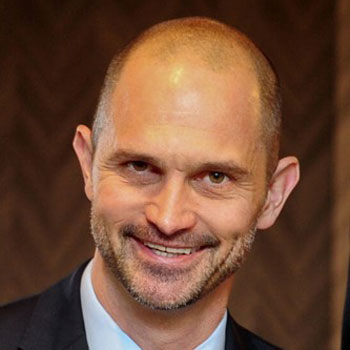
Mark Bromley
Mark Bromley Biography
Mark Bromley is Co-Chair of the Council for Global Equality. He helped launch the Council in 2008 to encourage a clearer and stronger American voice on international LGBT and intersex human rights concerns. In 2016, he provided the first-ever testimony to the House Foreign Affairs Committee on the state of LGBT rights around the world. Today, Bromley and his colleagues provide regular briefings on trends impacting LGBT individuals globally. He also monitors the UN human rights system and has conducted research on sexual violence as a war crime. Bromley previously worked for Global Rights, where he coordinated donor relations, supported field offices, and launched an organization-wide LGBTI Initiative. From 2001 to 2002, Bromley staffed Senator Feingold’s work on the Senate Foreign Relations Committee, including the Senator’s Chairmanship of the Africa Subcommittee. Bromley holds a law degree from the University of Virginia School of Law and a bachelor’s from the School of Foreign Service at Georgetown University. He has published on human rights and international law issues and has served as an adjunct professor for the human rights clinic at Virginia Law School.
He lives in Washington with his husband and their children.
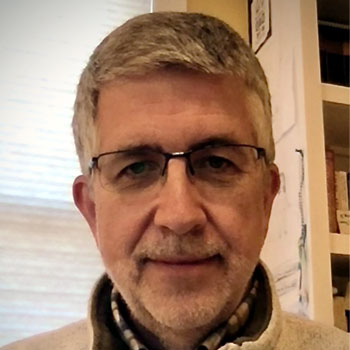
Charles Brown
Charles Brown Biography
Charles J. Brown is Managing Partner at Strategy for Humanity, a women-, minority-, persons with disabilities–, and LGBTQ-owned consulting firm that works with mission-driven organizations and those who fund them to identify what they do best and help them do it better. Since 2015, he has worked with dozens of organizations and foundations to develop effective strategies, conduct program and organizational evaluations, provide executive coaching, conduct advocacy, and develop new programs. During the Obama Administration, Brown served in the Department of Defense, first as Principal Deputy in the Office of Rule of Law and International Humanitarian Policy and then as Senior Advisor for Atrocity Prevention and Response, where he served as the DoD’s representative to the Atrocities Prevention Board. In 2016, Brown served as Chair of the Experts Committee on Preventing Mass Violence. In 2015, he was the Leonard and Sophie Davis Genocide Prevention Fellow at the U.S. Holocaust Memorial Museum. He has held senior positions with Amnesty International USA, Freedom House, and the Institute for International Law and Human Rights, among other NGOs. During the Clinton Administration, Brown was Chief of Staff in the Bureau of Democracy, Human Rights, and Labor in the U.S. Department of State and a member of the U.S. delegation to the Rome Conference on the Establishment of the International Criminal Court. He is author of A Necessary Good: U.S. Leadership on Preventing Mass Atrocities; The Obama Administration and the Struggle to Prevent Atrocities in the Central African Republic; and Human Protection: Strategic Opportunities in a Challenging Political Environment, among other publications.
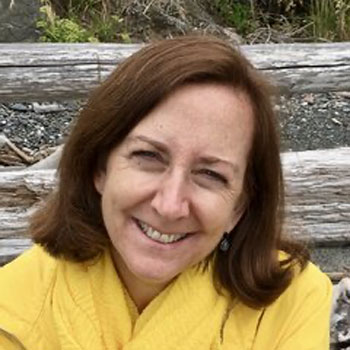
Colette Rausch
Colette Rausch Biography
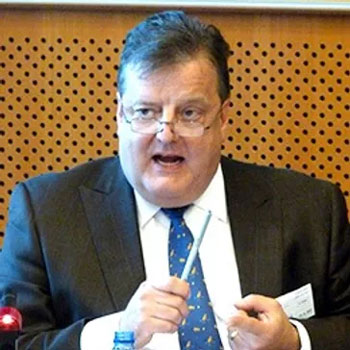
William Spencer
In Memoriam
William Spencer Biography
William “Spence” Spencer was the Executive Director of IILHR. Spencer has more than 25 years of professional experience in diplomacy, human rights, democracy and governance, international law, and crisis management and response, both as a career diplomat and as an advocate in the field. He is intimately familiar with post-conflict rebuilding and peace and constitutional negotiations in the former Yugoslavia, Afghanistan, and Iraq.
In 1996 Spencer helped to configure Bosnia’s first post-war elections and oversaw implementation of human rights components of the General Framework Agreement for Peace in Bosnia and Herzegovina. As a career foreign service officer with the U.S. State Department, Spencer served as Senior Duty Officer in the White House Situation Room, supported Transatlantic institutions such as NATO and the OSCE, and coordinated policy and resource support for human rights in the former Yugoslavia and the Yugoslav War Crimes Tribunal. He served as a delegate to the Rome Conference to establish an International Criminal Court in 1998.
In Iraq, he has advised the government of Iraq on diverse constitutional and legislative issues since 2005. He currently oversees a legal team that provides advice to both the Iraqi Federal and Kurdistan Regional parliaments, and he works on accountability and justice issues with Iraq’s judiciary.

WASHINGTON, DC
4836 MacArthur Blvd NW
Suite 100
Washington, DC 20007
Tel. +1 202-342-0985
BRUSSELS
Avenue Louise 489
1050 Ixelles
Brussels, Belgium
Tel. +32 2 781 08 23
BAGHDAD
International Zone
Baghdad, Iraq
Tel. +964 790 128 7010
© 2023 INSTITUTE FOR INTERNATIONAL LAW & HUMAN RIGHTS
